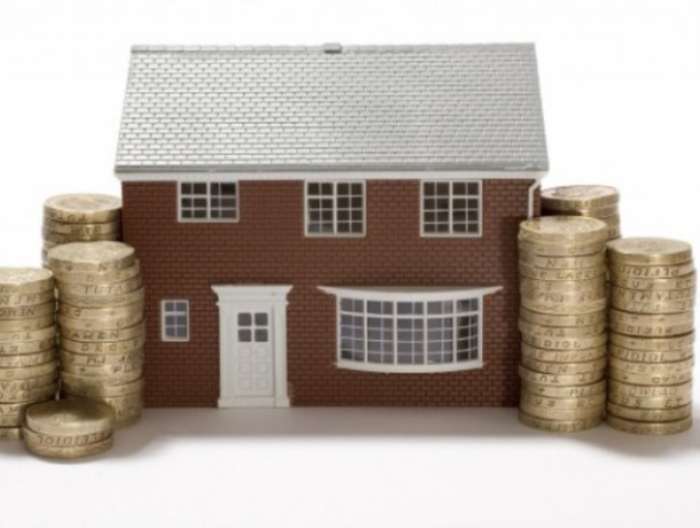
Date Published 28 May 2012
A realistic valuation will help you sell faster. Matthew Nash, Managing Director of Little London Estates offers advice.
All homeowners want to believe their house can command a top price for their area. But the value of a property depends on a number of varying factors that sellers need to take into account.
Clearly, you don't want to let your home go for less than it's worth but an overpriced house can be hard to sell, especially in a competitive market. Bear in mind that the boom is over and many first-time or low-income buyers are struggling to get a mortgage. This is having a knock on effect for some local property markets, reducing the number of buyers overall and forcing vendors to be more realistic about the price they can ask.
To get an initial idea of your home's value, take a look at similar listings in your local area, either at estate agent's offices or online. Make sure you're comparing like with like, checking out homes in similar locations and states of repair, with the same size gardens and number of rooms. Try to find out how long they have been on the market, as that's also a good indication of whether they are priced correctly.
Other factors to consider are access to schools, proximity to shops, public transport, busy roads or pubs, as all of these can affect a property's valuation for better or worse. And stay informed about local planning issues that may impact positively or negatively on the price of your home, such as new housing or retail developments, rail or road links.
For a proper valuation you will need to get input from estate agents, who have a full understanding of how the housing market is performing nationally and locally. They also see on a daily basis what sells fastest, as well as what buyers in your area are looking for and how much they're prepared to spend.
It's sensible to get several quotes, which should work out at around a similar figure and give you a clear idea of the value of your property. Don't be afraid to question your agent about their valuation and ask advice on how you can improve your home's prospects if you feel it's under valued for its location or size.
Your circumstances will also dictate the price you can ask. If you're in no rush to move you could aim for a higher price and wait for the right buyer but if you need to sell fast you may well have to take a lower sum in order to grab a quick sale.
Buyers will see a variety of properties and usually have their own benchmark as to what equates with good value. If they believe you're asking a fair price, they'll be more likely to put in an offer over a similar property they feel is over valued.